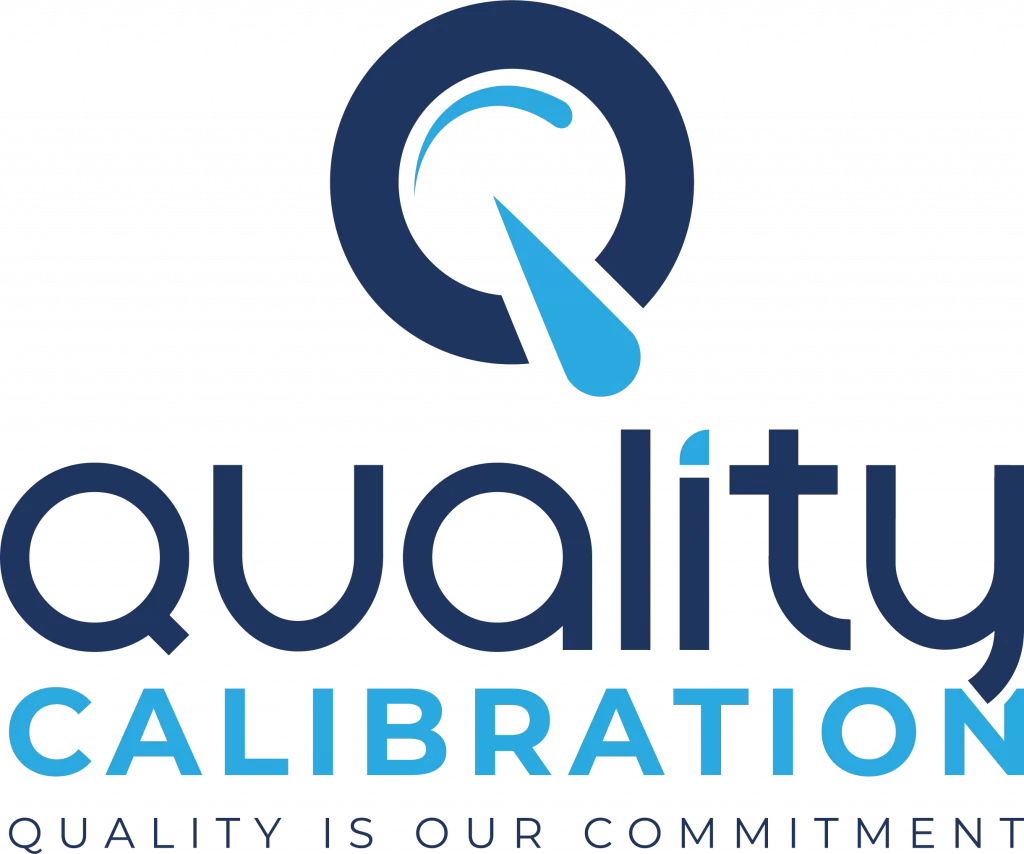Calibration laboratories play a crucial role in ensuring the accuracy and reliability of measurements across various industries. But what exactly is the standard of a calibration laboratory? In this article, we will delve into the world of calibration, exploring the key components that define the standard of a calibration laboratory in Bangladesh.
Understanding Calibration
Before we dive into the standards, let’s first understand what calibration is. Calibration is the process of comparing the measurements of a device or instrument to a known standard to determine its accuracy. It’s like double-checking a ruler against a trusted one to make sure it measures accurately.
The Importance of Calibration
Calibration is critical for industries where precision is paramount. Think about industries like healthcare, aerospace, and manufacturing, where the slightest measurement error can lead to costly mistakes or, worse, pose significant safety risks.
Standardization in Calibration
To maintain consistency and ensure the quality of calibration services, there are international standards in place. The International Organization for Standardization (ISO) has set the ISO 17025 standard, which outlines the general requirements for the competence of testing and calibration laboratories. This standard serves as a benchmark for calibration laboratories worldwide.
ISO 17025: The Gold Standard
ISO 17025 covers a wide range of factors that contribute to the standard of a calibration laboratory. Let’s take a closer look at some of its key components:
1. Competent Personnel
A calibration laboratory must employ personnel with the appropriate knowledge and skills. Technicians and metrologists should be well-trained and experienced in their respective fields.
2. Equipment and Traceability
The laboratory’s equipment should be regularly calibrated and traceable to national or international standards. This ensures that measurements made in the laboratory can be trusted.
3. Measurement Uncertainty
Every measurement has some degree of uncertainty. A reputable calibration laboratory will calculate and report the measurement uncertainty, giving users a clear understanding of the reliability of the results.
4. Quality Assurance
Quality control and quality assurance processes are integral to maintaining high standards. Laboratories should have documented procedures in place to ensure the quality and consistency of their work.
5. Reporting and Documentation
Clear and comprehensive reporting is essential. Calibration certificates should include all necessary information, such as measurement results, uncertainties, and traceability.
Benefits of Choosing a Standardized Calibration Laboratory
Opting for a calibration laboratory that adheres to ISO 17025 or similar standards offers several advantages:
1. Confidence in Measurements
You can have confidence in the accuracy of your measurements, knowing they are traceable to internationally recognized standards.
2. Regulatory Compliance
Many industries have regulatory requirements that mandate calibration traceable to specific standards. Using a standardized laboratory helps you meet these requirements.
3. Reduced Risk
By ensuring accurate measurements, you reduce the risk of errors, product defects, and safety incidents.
4. Improved Reputation
Working with a laboratory that meets high standards can enhance your reputation and credibility, both internally and externally.
Conclusion
In conclusion, the standard of a calibration laboratory is defined by its adherence to internationally recognized standards like ISO 17025. Choosing a laboratory that meets these standards ensures accurate and reliable measurements, reduces risks, and enhances your reputation in your industry. So, when seeking calibration services, always look for the mark of quality and reliability that comes with adherence to these standards. Your measurements and your business will thank you for it.

Md. Hasan Ibrahim is a Technical Manager at Quality Calibration with extensive experience in the calibration sector since 2015. Holding a Bachelor of Science degree in Mechanical Engineering from Khulna University of Engineering & Technology (KUET), he has received training from various national and international organizations including CSIR-CMERI, QSI, BAB, NML-BSTI, memmert, and X-rite. With expertise in ISO/IEC 17025 assessment, method validation, metrological traceability, and uncertainty, he has successfully completed numerous calibration projects across diverse industries such as pharmaceuticals, food & beverage, oil & gas, textiles & garments, power plants, batteries, chemicals, hospitals & healthcare, and private universities.


